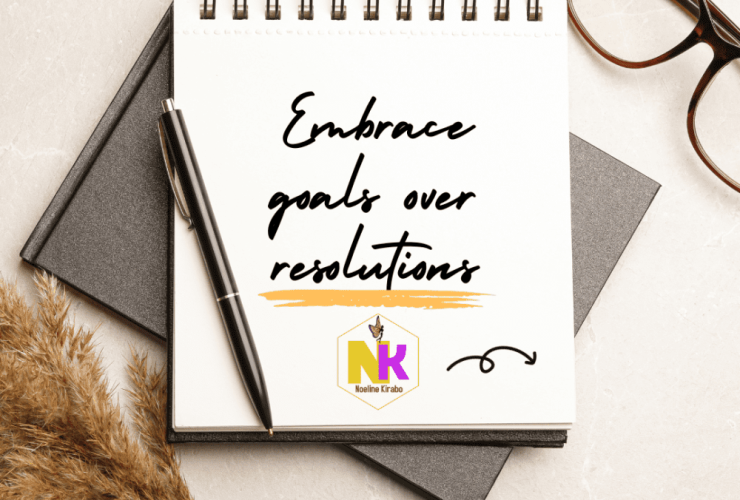 Picking up from our last discussion about mentoring, I would love to re-echo the fact that we all need mentors if we are to live to our full potential. Every successful person you know, was once a mentee, an apprentice or disciple to someone they deemed greater and were committed to learning all they could from them so as to actualize their goals. The same applies to you, you need people that have been where you want to go as guide through the steps on how to get there.
Picking up from our last discussion about mentoring, I would love to re-echo the fact that we all need mentors if we are to live to our full potential. Every successful person you know, was once a mentee, an apprentice or disciple to someone they deemed greater and were committed to learning all they could from them so as to actualize their goals. The same applies to you, you need people that have been where you want to go as guide through the steps on how to get there.
Mentoring is not for the weak but rather for those who are committed to reaching the peak of their dreams. It has been said;
“If you want to go fast, go alone. If you want to go far, go together.”- African proverb
 In essence your destiny determines the kind of help and support that you solicit from others. If you can do it alone, then it is not worth seeking help. And if your dreams don’t scare you then they are not big enough.
In essence your destiny determines the kind of help and support that you solicit from others. If you can do it alone, then it is not worth seeking help. And if your dreams don’t scare you then they are not big enough.
Who you learn from will shape your strategy and your capacity. Water takes on the shape of the container and so mentees often times take on the shape of their mentors. When two walk together and connect at a deep level they tend to think, talk, reason and even talk alike.
So the question is how and where can you find mentors?
Here are five things to consider when choosing/ finding a mentor:
1. Find someone you want to be like:
Don’t just find someone who has a job you want or a platform that you covet. Find someone that is like you, someone with a similar set of strengths and skills you want to emulate. Otherwise, you’ll just end up frustrated.
2. Find someone who cares enough to discipline you:
We often times want to find mentors who only encourage us and tell us the great things but for you to grow, you will need someone who can both push and pull you at the same time. What time means is that you need a mentor who can inspire as well as challenge you. They should be able to praise as well as rebuke you. This balance is very crucial for your personal growth.
3. Find someone who you can easily submit to:
For you to get the most out of a mentoring relationship, you have to be willing and committed to submitting to your mentor. We all have people that naturally solicit our submission, those should be the people you aim for as mentors. This will make it easy for you learn from them than when you have a mentor that you constantly want to challenge.
4. Find someone that is accessible:
I come across many people who claim to have mentors that they have never met and will probably never meet. These mentors are through books, television program and podcasts. As much as this is great inspiration, for a mentoring relation to be effective you need to be able to get regular feedback which is not possible with correspondence mentoring. You need a one on one engagement whether physically or virtually. This strengthens your mentoring relationships and consolidates your learning experiences.
5. Find someone that makes you feel comfortable:
Mentoring is a journey and the last thing you want is a mentor that keeps you on the edge. It is generally hard to learn when you are tense. You need to find a mentor with whom you feel comfortable even when they are challenging you or rebuking you. That sense of security provides a safe space for vulnerability and inevitably growth.
 Now that you know what to look for in a mentor, so where can you look to find willing, interested mentors? Here are some of the best places to start:
Now that you know what to look for in a mentor, so where can you look to find willing, interested mentors? Here are some of the best places to start:
1. Online mentorship networks
These days, dozens of online programs are dedicated to pairing professionals with potential mentors. With usually little or no cost, you’ll be able to sign up, find prospective mentors in your area of expertise, chat with them and potentially meet in person to begin an extended partnership. You may also be able to sustain the mentorship exclusively online.
2. Professional networking events
If you prefer to talk to people in person, you could also attend more networking events. At networking events, you’ll be able to meet professionals in many different areas and expand your personal network, even if you don’t find the right mentor on the first go.
3. Fitness classes and groups
Business people generally like to stay active, maintain their health, relieve stress and find new contacts, which is why you’ll frequently find them in fitness classes and fitness-related groups. From there, you’ll be able to get the benefits of physical exercise while meeting new people.
4. Volunteer events
Volunteer events are another good spot to meet like-minded professionals — especially those who are looking for ways to give back. Once you start attending on a consistent basis, you’ll get to know the regulars and can branch out your contacts from there.
5. Social media
Next, you can find mentors by searching for them on social media — especially through publicly available platforms like Twitter, or professional-centric platforms like LinkedIn. With keyword searches, you’ll be able to find professionals that match your criteria, and by monitoring followers and engagement level, you can determine a person’s reputation and willingness to talk with others. Never lead with an outright request, however; get to know your hoped-for mentor first; and, if you can, offer something of value to begin the relationship.
Mentoring is a journey and finding a mentor is only the starting point, not the end in itself so before you start be ready to commit to the relationship.
In the third part of this series on mentorship, I will share tips on how to grow and manage a mentoring relationship.



